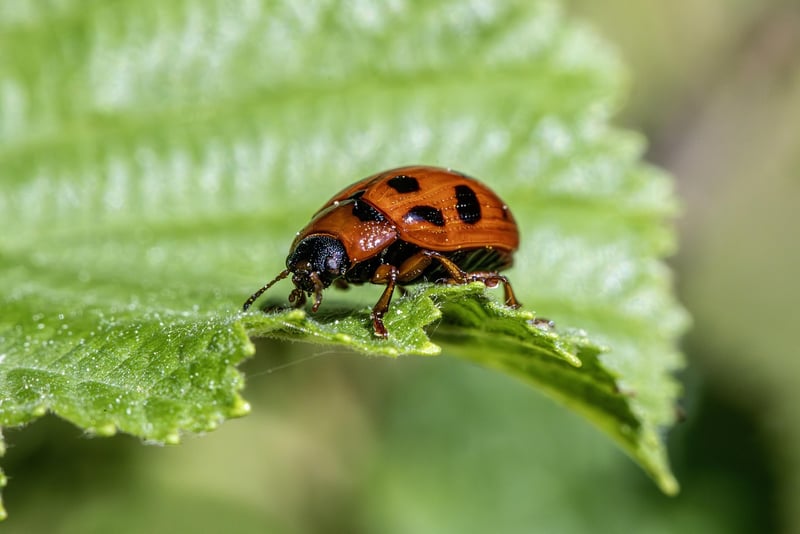Pest control methods
Enhance Your Gardening Skills and Learn Effective Pest Control Methods
Gardening is a fulfilling and rewarding hobby that allows you to connect with nature and enjoy the beauty of your surroundings. Whether you are a beginner or have been gardening for years, there are always new skills to learn and techniques to master. In addition to cultivating healthy plants, it is essential to understand how to protect your garden from pests effectively. Read on to discover ways to enhance your gardening skills and implement pest control methods.
1. Choose the Right Plants
Start by selecting plants that are well-suited to your region's climate and soil conditions. Research the specific needs of each plant, including sunlight requirements, watering frequency, and soil pH levels. By choosing the right plants, you can set yourself up for gardening success from the beginning.
2. Improve Your Soil
Healthy soil is the foundation of a thriving garden. Test your soil to determine its composition and make necessary amendments to improve its quality. Adding organic matter, such as compost or aged manure, can enhance soil fertility and structure, providing essential nutrients for your plants.
3. Practice Proper Watering
Overwatering or underwatering can harm your plants. Establish a regular watering schedule based on the needs of your plants and adjust it according to the weather conditions. Consider using mulch to retain soil moisture and reduce water evaporation.
4. Implement Integrated Pest Management (IPM)
Integrated Pest Management is a holistic approach to pest control that emphasizes prevention and environmentally friendly solutions. Identify common garden pests and learn about natural predators that can help keep their populations in check. Use physical barriers, such as row covers, and organic pesticides as a last resort.
5. Attract Beneficial Insects
Encourage beneficial insects, such as ladybugs, lacewings, and predatory wasps, to inhabit your garden. These insects prey on harmful pests, helping to maintain a natural balance in your garden. Planting a variety of flowers and herbs can attract beneficial insects while adding beauty to your garden.
6. Monitor Your Garden Regularly
Inspect your plants regularly for signs of pest infestations or diseases. Early detection can prevent the spread of pests and minimize damage to your plants. Remove affected plant parts promptly and dispose of them properly to prevent further infestation.
7. Continue Learning and Experimenting
Gardening is a continuous learning process, and there is always something new to discover. Attend workshops, read gardening books, and experiment with different techniques to expand your gardening skills. Embrace challenges as opportunities for growth and enjoy the journey of nurturing your garden.

By enhancing your gardening skills and implementing effective pest control methods, you can create a vibrant and flourishing garden that brings you joy and satisfaction. Remember to be patient, observant, and proactive in caring for your plants, and your efforts will be rewarded with a beautiful and bountiful garden.
Happy gardening!
